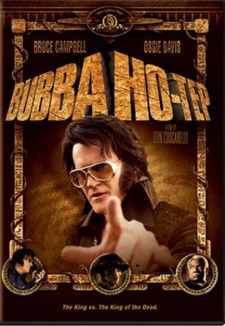Avoiding a Grim Fairy-tale Ending
So many of the subjects I post about here are removed from my everyday life, that I was somewhat surprised when this topic emerged over the last few weeks. Since tales of stay-at-home moms are everywhere, it seemed appropriate to for this one to throw in her two cents. In case you've missed them, Slate's Jack Schafer, economist Heather Boushey, Linda Hirshman of American Prospect and David Brooks in the NYTimes have all weighed in on different sides of the issue. Ellen Goodman's piece in today's Chronicle sealed the deal for me. Note - I do not link the Brooks article because the Times is restricted, not because I think he is a misogynistic loser.
All of the sited articles relate to the question of women in and out of the workforce. Are they opting out of the professional world to marry and raise children, or are rumors to that effect just a result of bad statistics? Are women who stay home forsaking the hard-fought-for rights their feminist sisters bequeathed to them, or are they happier at home and more empowered by choosing to stay there?
Goodman's article relates the story of Terry Hekker, wife and mother of 40 years who wrote in the Times, circa 1978, of the joys of being a housewife, only to be given divorce papers on the occasion of her 40th anniversary. She shares now the hardships endured by a sixty-something woman facing the world alone and unprepared. Her first column became a book entitled Ever Since Adam and Eve; she jokes her next title will be Disregard First Book.
Hekker worries about women who choose to forgo work in deference to home and family. In an age where 50% of all marriages end in divorce, how many will be prepared to face the hardships that lie ahead? Goodman echoes and encourages this argument, calling Hekker's a cautionary tale. As much as I enjoy Goodman's writing and normally agree with her, this time I plead a different case.
What our fore-sisters laid down for us, from voting rights to reproductive rights, educational equity and employment protections, is the ability to choose. Rather than being the submissive hausfraus of Hekker's generation, we are women empowered to make decisions based on what is best for our individual situation and if circumstances change, as they so often do, to change, adapt, grow and move on.
Education and clear-thinking are key. Knowing your options, knowing you have options, makes my generation of women better prepared for life's eventualities. Women, as breadwinner or bread butterer, should know how to look after themselves; how to find a job, balance the books, look after their credit and their family, with or without a significant other. Men, other women or children are not the problem, passivity is. Be able and willing to create and recreate life, no matter what obstacle is thrown your way.
No one is promised a fairytale ending, and maybe the dream of one is the biggest hurdle we all have to face. Modern America tries to promises a kind of never-ending Disneyland, and real life is a little bit more like...the life we lead every day. Aim more for reality and less for make-believe. Success can be found on Wall Street and on Main Street and everywhere in between. The trick is knowing once you've found it.

